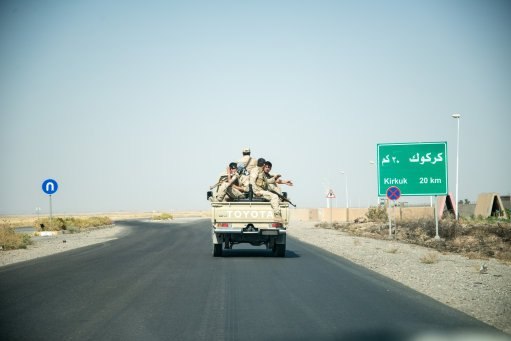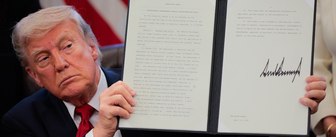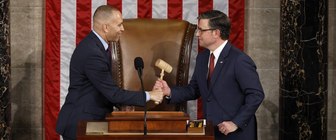Most Americans, regardless of politicial affiliation, approve of President Obama's recent decision to launch airstrikes against Islamist militants in Iraq
As the US air campaign in Iraq enters its fifth day the American bombing campaign looks set to continue for months, as President Obama warns of a "long-term project". The airstrikes, which are aimed at halting the ISIS advance on Erbil and protecting religious minorities trapped in the area, have slowed but not stopped militants, according to the Pentagon. The decision to launch airstrikes was taken after the defeat of Kurdish forces that had, so far, managed to better weather the ISIS onslaught than the Iraqi army. The ensuing retreat of Kurdish troops prompted a refugee crisis, as up to 150,000 Yezidis sought refuge on an isolated mountain without food or water in northern Iraq.
The latest research from YouGov shows that 58% of the American public support the President's decision to launch airstrikes, while only 24% oppose it. Unusually, support for the decision among Republicans (65%) is as high as it is among Democrats (66%). Independents are somewhat more critical of the decision, though 50% still support it compared to 30% who oppose the decision to bomb Islamist militants in Iraq.
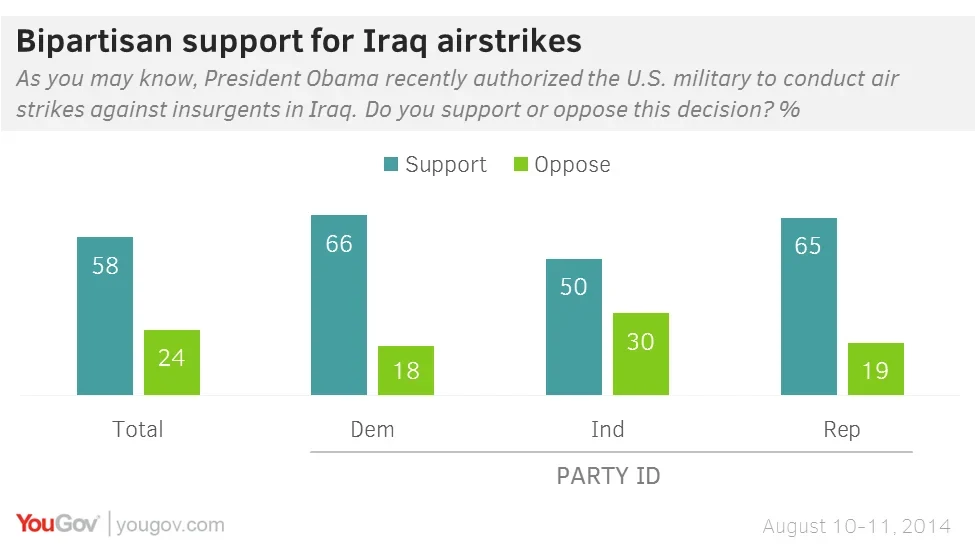
Support for airstrikes may be high, but there is very little support for any physical military presence in Iraq. Asked whether the US should send troops to fight in Iraq, 63% of Americans say that they would oppose this while only 15% support sending combat troops. Even sending advisers to assist the Iraqi Army is unpopular, with 45% against and 30% in favor of advisors.
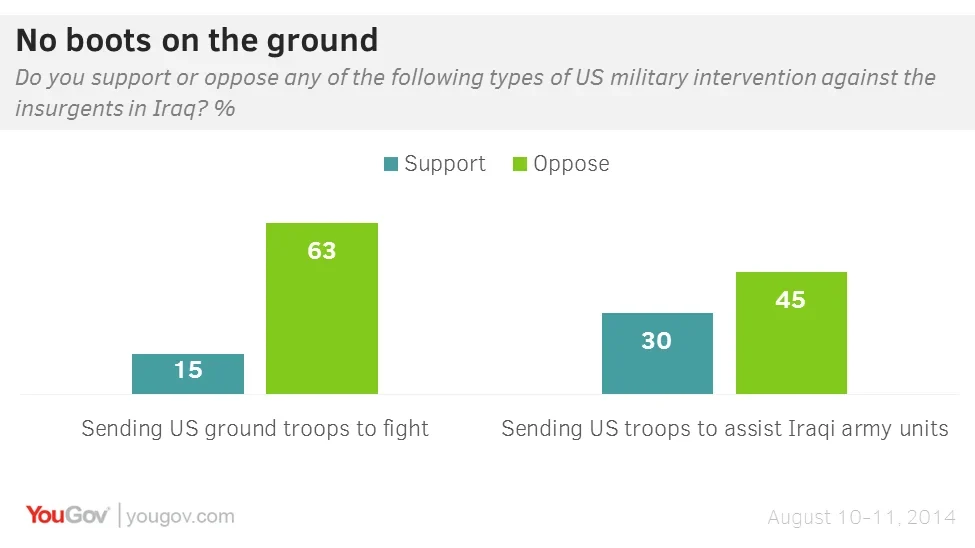
Overall, the public narrowly tends to approve (42%) rather than disapprove (40%) of how President Obama is handling the situation in Iraq. On this question, the bipartisan consensus breaks down, as most Democrats approve of his handling (68%) but independents (47%) and Republicans (57%) tend to disapprove of his handling.
Despite the ISIS threat, the government in Baghdad is currently paralysed by political infighting, after the Iraqi President sought to depose Prime Minister Nouri al-Maliki. Western governments, and many within Iraq, blame Maliki for the Iraqi army's failure to defeat ISIS and have sought to replace him with a less divisive figure.
Full poll results can be found here.
Image: PA
